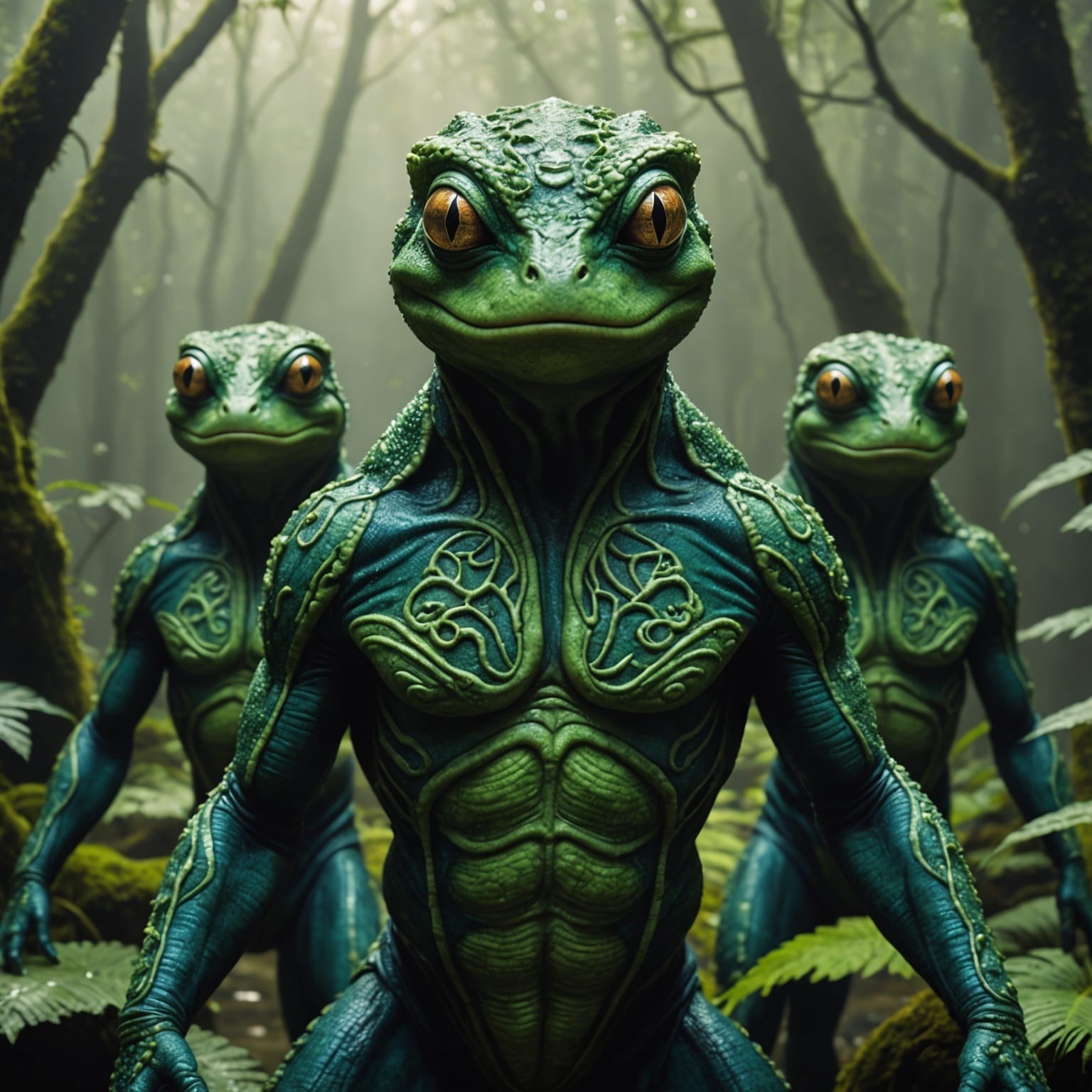The Nommo

The Dogon are indigenous to the central plateau region of Mali, in West Africa. They are known for their rich culture, religious traditions, and distinctive architecture. One aspect of the Dogon that has captured significant attention is their astronomical knowledge, particularly concerning the star Sirius. Astronomical Knowledge: The Dogon are famous for their detailed knowledge of the star Sirius. Their myths describe not just Sirius A, the brightest star in the night sky, but also Sirius B, a white dwarf companion that's invisible to the naked eye and was discovered by Western astronomers only in the 19th century. The Dogon reportedly described its movement and orbit almost accurately. Additionally, some interpretations of their lore also reference a third star, known as Sirius C, which remains a topic of debate among astronomers and researchers. Cultural and Religious Significance: The Dogon's mythology and cosmology are deeply intertwined with their knowledge of Sirius. They hold that amphibious beings called the "Nommo," who are said to have originated from the Sirius star system, played a crucial role in their creation myth. The Nommo are often depicted as ancestral spirits or deities in Dogon folklore. They are described as "masters of the water" and are closely associated with the Sirius constellation. Anthropological Studies: The most well-known writings on the Dogon's connection to Sirius and the Nommo come from French anthropologists Marcel Griaule and Germaine Dieterlen, who studied the Dogon people in the 1930s and 1940s. Griaule published findings suggesting that the Dogon had advanced knowledge of astronomy that was difficult to explain without some form of external contact. Mythos and Speculation: The Dogon's connection to extraterrestrial entities like the Nommo has become a popular topic among those interested in ancient astronaut theories. Some speculate that the Dogon's knowledge of the Sirius system could point to historical contact with an advanced alien civilization. This theory, however, lacks concrete evidence and remains largely speculative. It serves more as a subject of interest in fringe and speculative Current Perspectives: Today, the discussions around the Dogon and their supposed extraterrestrial knowledge are part of a broader conversation about human history, oral tradition, and the transmission of knowledge across cultures. While the Dogon's cultural practices and beliefs remain intriguing, especially their intricate mask dances and ceremonies. In summary, while the Dogon people possess a fascinating cultural heritage. Their astronomical knowledge, particularly concerning Sirius, remains an interesting subject for both anthropologists and astronomers. In service GG 🩵
